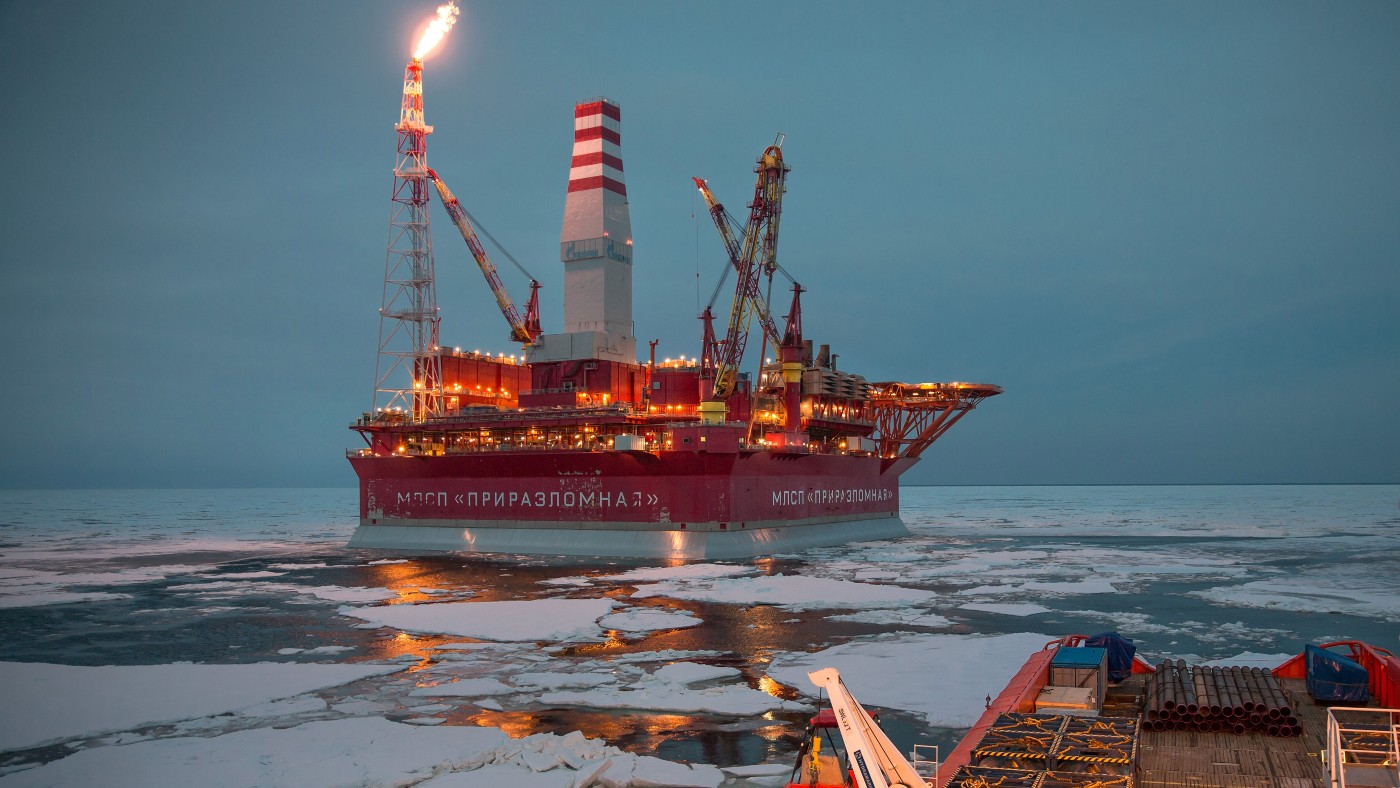Russia-Ukraine war: the oil and commodities shock
Fears of shortages and soaring prices are roiling markets globally, with no let up in sight

A free daily email with the biggest news stories of the day – and the best features from TheWeek.com
You are now subscribed
Your newsletter sign-up was successful
“No one said the broadening sanctions regime against the Kremlin was going to be anything but disruptive,” said Alex Brummer in the Daily Mail. But “it is starting to reach parts of the global industrial economy which rarely command notice”. Witness the mayhem on the London Metal Exchange this week when the rocketing price of nickel forced the exchange to suspend dealing for the first time since “the tin crisis” of 1985-86, which pushed many brokers out of business. The price of nickel, used in stainless steel and EV batteries, “surged as much as 250% in two days”, said Bloomberg, leaving brokers “struggling to pay margin calls against unprofitable short positions”, in a massive squeeze that embroiled both the world’s largest nickel producer, the Tsingshan Holding Group, and a major Chinese bank. The root cause: fears about interrupted Russian supplies.
“Overall commodity inflation is higher than it has been for a quarter of a century,” said Ben Wright in The Daily Telegraph. But most of the pain continues to be felt in energy markets. Politicians globally are now warning of a 1970s style “oil shock”. Talk of an oil embargo sent the price of Brent futures to almost $140/barrel on Monday, “smashing records in euros, sterling, and most other currencies”, said Ambrose Evans-Pritchard in the same paper. After the US actually banned imports of Russian oil and gas, prices settled back a little because Europe held back (the German foreign minister said it would cause “chaos”), but JPMorgan has pencilled in $185 in the event of “a sustained stand-off”. Barclays fears $200, and rocketing gas prices. “These sorts of prices imply violent demand destruction and an economic recession” – bad all round, but “horrible for China, which uses twice as much energy per unit of GDP as France and Germany”.
The White House ban “is the most significant move yet in a rapidly escalating global energy war”, said the FT. Can the US or other producers step into the breach? US oil executives say a quick response from America’s shale industry is unlikely. The Biden administration scoured the globe for extra barrels, lobbying the OPEC+ alliance to boost supply, and pushing potential deals to unfreeze sanctioned Iranian and Venezuelan crude. The International Energy Agency has announced a 60 million barrel release of stocks from emergency storage. “Yet the sheer scale of Russia’s footprint” in oil markets – it is the world’s third largest producer, supplying around 10% of oil used globally – means a total loss of its supplies would be almost impossible to replace quickly. The uncertainty is unprecedented – and markets remain in brace position.
The Week
Escape your echo chamber. Get the facts behind the news, plus analysis from multiple perspectives.

Sign up for The Week's Free Newsletters
From our morning news briefing to a weekly Good News Newsletter, get the best of The Week delivered directly to your inbox.
From our morning news briefing to a weekly Good News Newsletter, get the best of The Week delivered directly to your inbox.
A free daily email with the biggest news stories of the day – and the best features from TheWeek.com